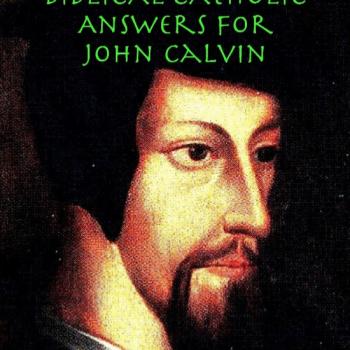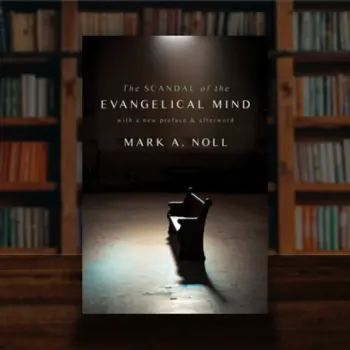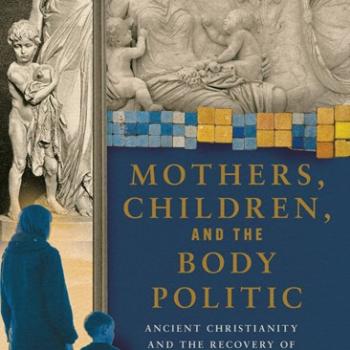I suspect many a Christian, including many evangelicals, can identify with frustrations J.D. Greear expressed in his recent Christianity Today interview about the Christian life and the Holy Spirit: it “seemed like people in the Bible had a fundamentally different relationship with God than my own. There was a hollowness in my spiritual life. God was more a doctrine than a person.” The solution to this malaise, according to Greear, was developing an active, empowering relationship with the Holy Spirit, the Christian’s guide and comforter.
Non-charismatic evangelicals often have no practical theology of how the believer is to walk in step with the Spirit. Part of the problem is doctrine itself – Ed Stetzer reports that a stunning MAJORITY of evangelicals (51%) describe the Holy Spirit as a “force” rather than a person. This speaks to impoverished teaching in the churches, but I wonder if part of the problem is also language – would people understand the personal nature of the Spirit more readily if we (like our Pentecostal brethren) still called Him the “Holy Ghost”?
Some evangelicals have overreacted to excesses (perceived and actual) in the Pentecostal movement. Many evangelicals have real theological objections to Pentecostal emphases such as the centrality of speaking in tongues and the timing of the baptism of the Holy Spirit. (Does that baptism happen at conversion or afterwards?) Some evangelicals embrace “cessationism,” contending that the “sign gifts” such as tongues ended with the age of the apostles and the formation of the biblical canon. Whatever you think of cessationist doctrine, it is tough to have a vibrant theology of walking in the Spirit if much of your teaching on the Spirit focuses on what others should not be doing.
In studying the First Great Awakening, and the life of George Whitefield, I am increasingly convinced that much of the renewal led by Whitefield, Edwards, and others, grew out of a greater focus on and confidence in the work of the Holy Spirit. In a presentation I made earlier this year in a panel on David Bebbington’s Evangelicalism in Modern Britain, I argued that what distinguished the evangelicals of the Great Awakening from earlier movements was their focus on the “new birth” and on the work of the Spirit in revival and conversion. The leaders of the Great Awakening did not see these emphases as innovative, of course, but recoveries of biblical doctrine and practice.
Whitefield, in particular, had a fervent, practical sense of his walk with the Spirit, as readers of my biography of him will discover. As a newly-converted student at Oxford, he wrote incessantly that he was “full of the Holy Ghost,” or felt “joy in the Holy Ghost” for hours on end. The Holy Spirit was an emotionally and mentally tangible presence to him. Whitefield often spoke to private meetings of friends, noting that the Holy Spirit assisted him in knowing what to say. On one occasion, the Spirit enabled him “to apply all the promises made to the Apostles to us.” On another, the Spirit “suggested” to him “things just applicable to what we were discoursing,” and the Spirit even “put words into my mouth,” he noted.
He concluded that one of the Spirit’s ministries to believers was “to point out appropriate particular texts to our particular circumstances.” Although Whitefield would temper his view of the Spirit’s ministry in the life of the believer as he grew older, he would always emphasize that the Spirit must empower the Christian for holiness and effective ministry. “To be filled with the Holy Ghost,” Whitefield summarized, “This is the grand point.”
As Greear wisely points out, there can be no formula for accessing guidance from the Holy Spirit – the Spirit speaks to us through Scripture, through mature believers, through circumstances, and yes, by His witness to our spirits. We should be cautious about abandoning all at the behest of the the Spirit-filled prophet who says “Thus saith the Lord,” but we should be equally cautious about a church where no one seems to be hearing from the Spirit at all.
Friends, you can sign up here for my Thomas S. Kidd author newsletter. Each newsletter will update you on what’s happening in the world of American religious and political history, and current events. It will contain unique material available only to subscribers, and each will help you keep up with my blog posts, books, and other writings from around the web. [Your e-mail information will never be shared.] Thanks!
















